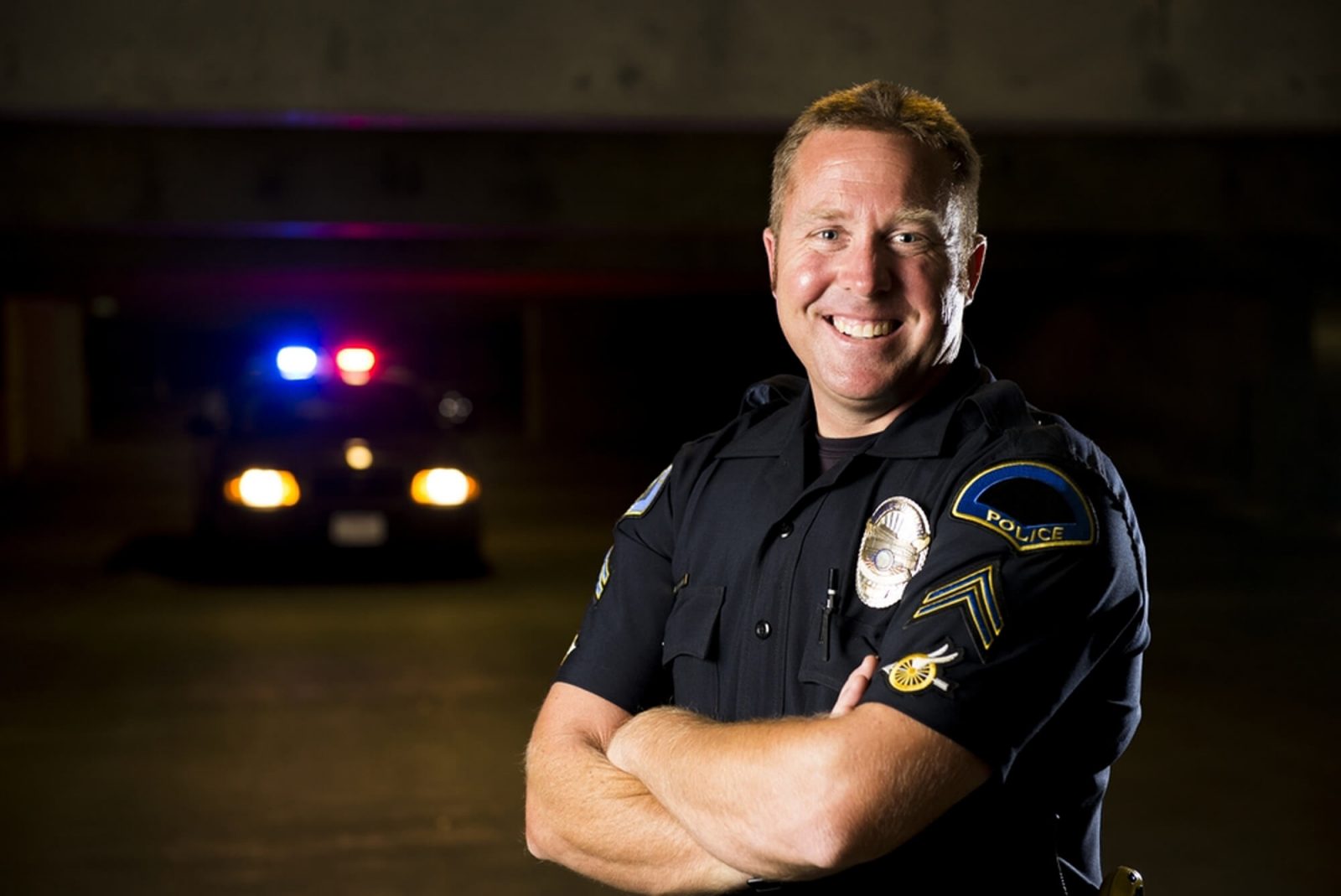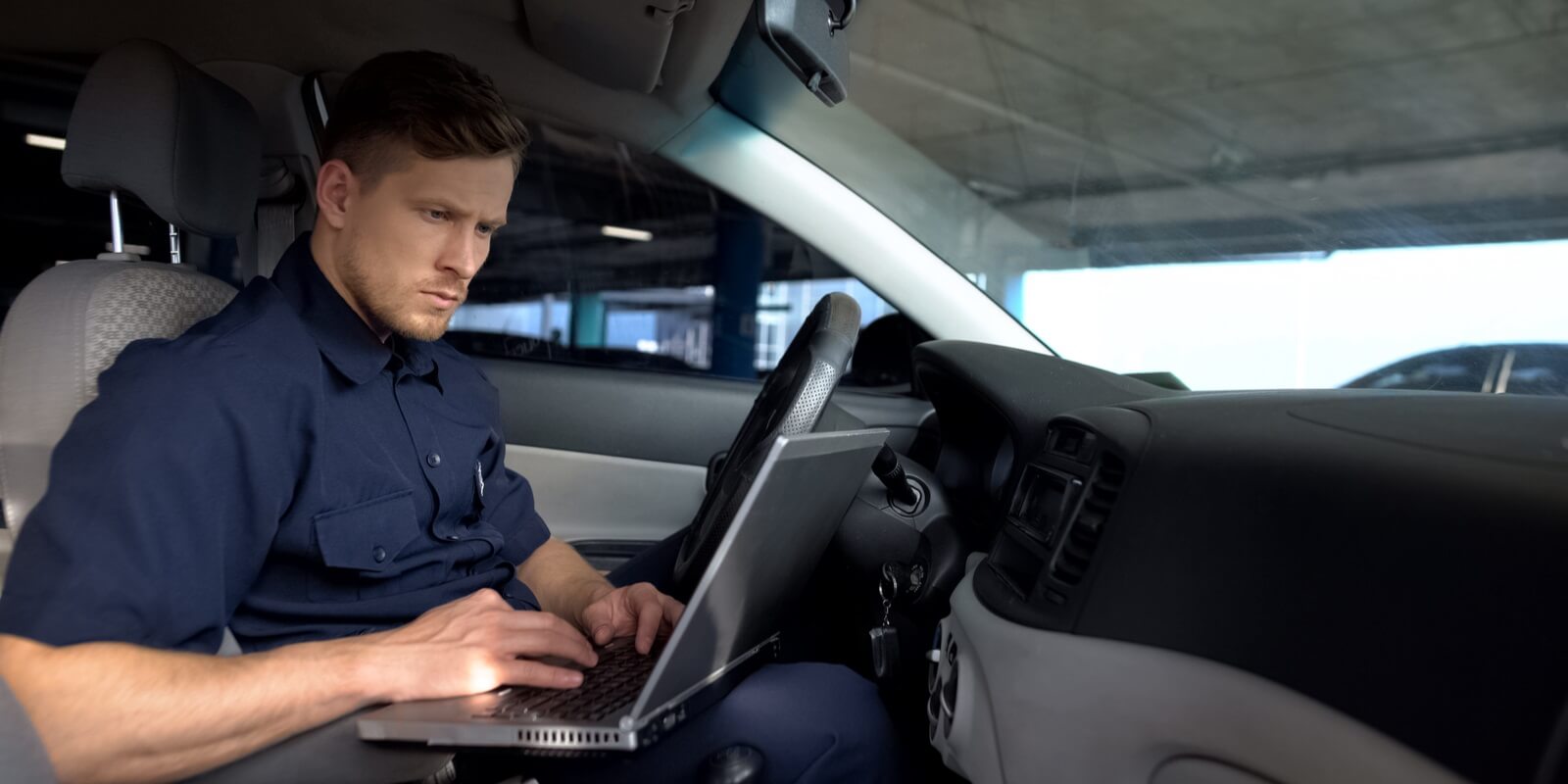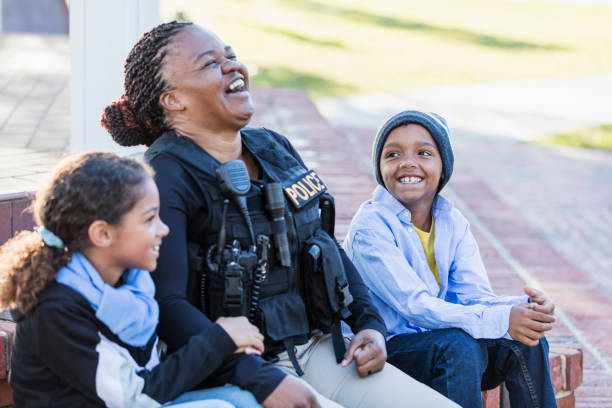More than anything, law enforcement leaders of today are facing one of the most difficult times in community policing. With issues concerning public safety and the use of police force, police agencies are now pressured to evaluate, once again, their practices in order to improve public trust.
While skills are necessary to become an effective police leader in the community, being able to communicate well with the community members and constantly learning new strategies to improve community policing adds depth and substance to the department. By nature, policing requires growth and changes – and so does police leadership. These days, how do you actually become an effective police leader in your community?
Here are 10 Tips to Become an Effective Police Leader
- Live your values
To become an effective police leader, you need to have a strong moral compass. This means whatever you do must be aligned and balanced with the code of ethics. You become an exemplar of the things you would want your police officers to do.
- Keep in mind that your position should not define leadership
Okay, this might sound confusing. Yes, you are a police leader but note that you should not rely on your position in order to force others to work with you. Keep in mind that leadership does not solely rely on hierarchical positions – but on how well you work with people. Respect for leaders is earned, not demanded.
- Acknowledge your police officers
To become an effective police leader, you have to acknowledge the strengths and job done by your police officers. Do not be stingy with your words. A word of acknowledgment from time to time will boost their confidence and desire to do better.
- Admit your mistakes
A great leader owns up to their faults and mistakes. It is essential to be humble and acknowledge mistakes instead of becoming defensive.
- Learn from your police officers
Again, your position should not hinder your growth as a leader. You have to keep learning – even from your police officers. Never cease to look for opportunities to grow in your field and the people you work with.
- Hold people accountable for their actions
Like you, your officers may sometimes make mistakes. Hold them accountable for their actions. Be fair and effective but do not degrade them.
- Education
Education is an important part of leadership and it continues throughout one’s career. There are many self-development options available including online training, certifications and workshops. As a leader you should also consider teaching at your local community college or the police academy.
- Set clear goals
An effective leader has the ability to set clear goals that are specific, measurable, attainable, relevant, and time-bounded.
9. Resourcefulness
You have to be resourceful in order to successfully manage and lead a group of personnel within a law enforcement agency. To develop people’s skills, you have to recognize their potential and encourage them to think outside the box.
10. Focus on solutions. Implementing tools like Officer Survey can give you a clear picture of how your community and your officers think of your organization. Listen to them often and build trust over time.






